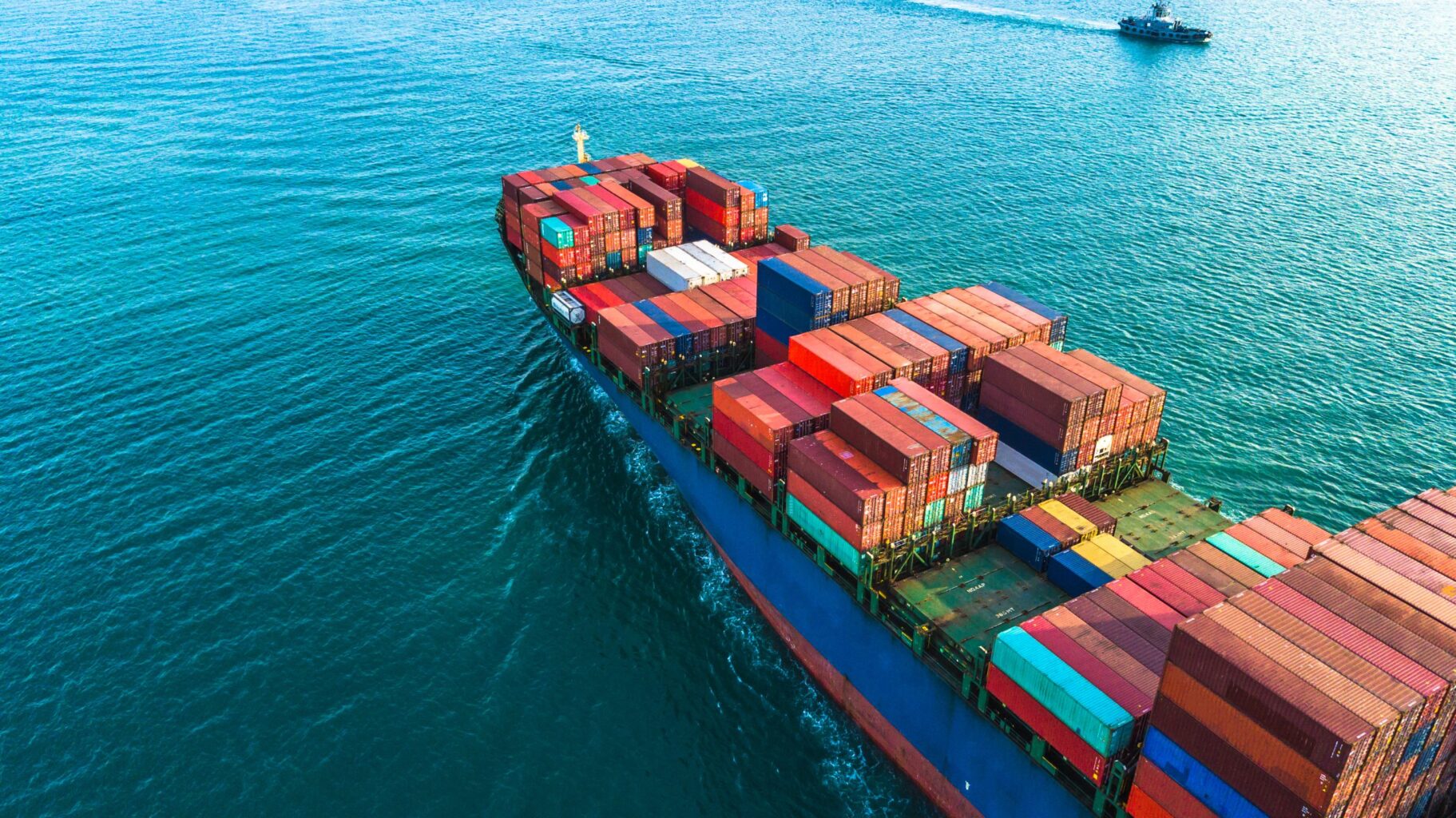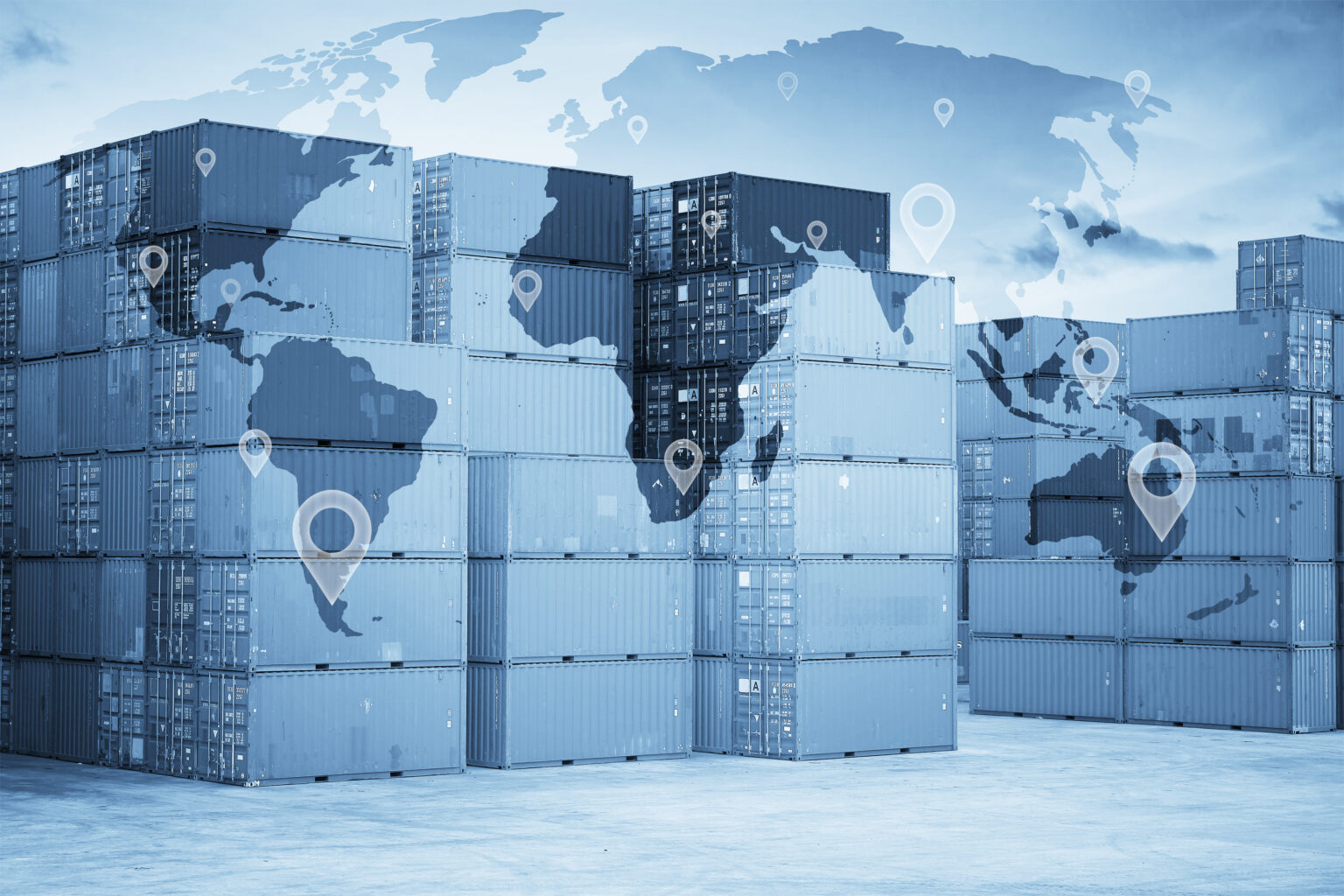29/09/2023
Low-Emission Fuels: The Future of the Container Shipping Industry
Summary
The container shipping industry forms the backbone of international trade, transporting goods from one corner of the globe to another. However, with the rapid growth of this industry, environmental concerns related to greenhouse gas emissions and ocean pollution have become increasingly pressing. That's why the maritime industry is actively exploring new solutions to reduce its environmental impact, including the adoption of low-emission fuels.
The Urgency of Emission Reduction
Maritime transport is responsible for a significant share of global greenhouse gas emissions, and these emissions are continually on the rise. Ships typically use heavy fuel oil, a sulfur-rich fuel, to power their engines, resulting in the release of sulfur dioxide (SO2), nitrogen oxides (NOx), and fine particulate matter into the atmosphere. Moreover, maritime transport is also associated with oil spills and ocean pollution.
In light of these challenges, the maritime industry acknowledges the need to reduce emissions to meet increasingly stringent environmental standards. New low-emission fuels are emerging as a promising solution.
Liquefied Natural Gas (LNG)
- Liquefied Natural Gas (LNG):
LNG is one of the most prominent low-emission fuels in the maritime sector. It consists of methane, a natural gas, which produces significantly fewer CO2 emissions and other pollutants compared to heavy fuel oil. Additionally, LNG is currently the cleanest fuel available, offering a substantial reduction in SO2 and NOx emissions.
Many shipping companies are investing in LNG-powered vessels, and some have already launched commercial services using this technology. LNG is also relatively abundant, making it economically attractive.
- Biofuels:
Biofuels, such as marine biodiesel, are fuels made from renewable raw materials like vegetable oils and animal fats. These fuels are less polluting than heavy fuel oil and have the additional benefit of using renewable resources.
The use of biofuels requires minor modifications to existing engines, making the transition straightforward for many shipping companies. However, it is essential to ensure that biofuel production is sustainable to avoid compromising food security and biodiversity.
- Hydrogen Fuel Cells:
Hydrogen fuel cells are an emerging technology gaining popularity in the maritime sector. They generate electricity by combining hydrogen with oxygen from the air, producing only water as a byproduct. Fuel cells offer a clean alternative to traditional internal combustion engines.
Many major maritime companies are experimenting with hydrogen fuel cell-powered ships, although this technology is still in its early stages and requires significant investments in clean hydrogen production.
Advantages of New Low-Emission Fuels
The adoption of these new low-emission fuels comes with numerous advantages, including:
Reduced Greenhouse Gas Emissions: Shifting from fossil fuels to low-emission fuels can significantly reduce the maritime industry's carbon footprint.
Improved Air Quality: New fuel technologies also reduce emissions of air pollutants, enhancing air quality in ports and along shipping routes.
Regulatory Compliance: Stringent environmental regulations impose limits on sulfur and NOx emissions. The use of clean fuels helps shipping companies meet these standards.
Sustainability: The use of renewable biofuels contributes to reducing dependence on fossil fuels and promotes sustainable practices.
Challenges of Adoption
While new low-emission fuels offer significant benefits, their large-scale adoption still presents challenges. Initial transition costs, refuelling infrastructure, fuel availability, and the need for new propulsion technologies are all obstacles to overcome.
However, the maritime industry recognizes the crucial importance of these changes for its future, both from an environmental and business perspective. Government incentives, ongoing research, and innovation in the sector will help accelerate the transition to low-emission fuels.
The shift to low-emission fuels is a critical element of the global effort to reduce greenhouse gas emissions and protect our environment. The container shipping industry is on track to play a major role in this transition to a cleaner and more sustainable future.
The container shipping industry is facing significant environmental challenges, but it is actively exploring new solutions to reduce its environmental impact. New low-emission fuels offer a promising way to cut greenhouse gas emissions and promote sustainability in this vital industry.

You may also like...
Our team looks forward to working with you.







